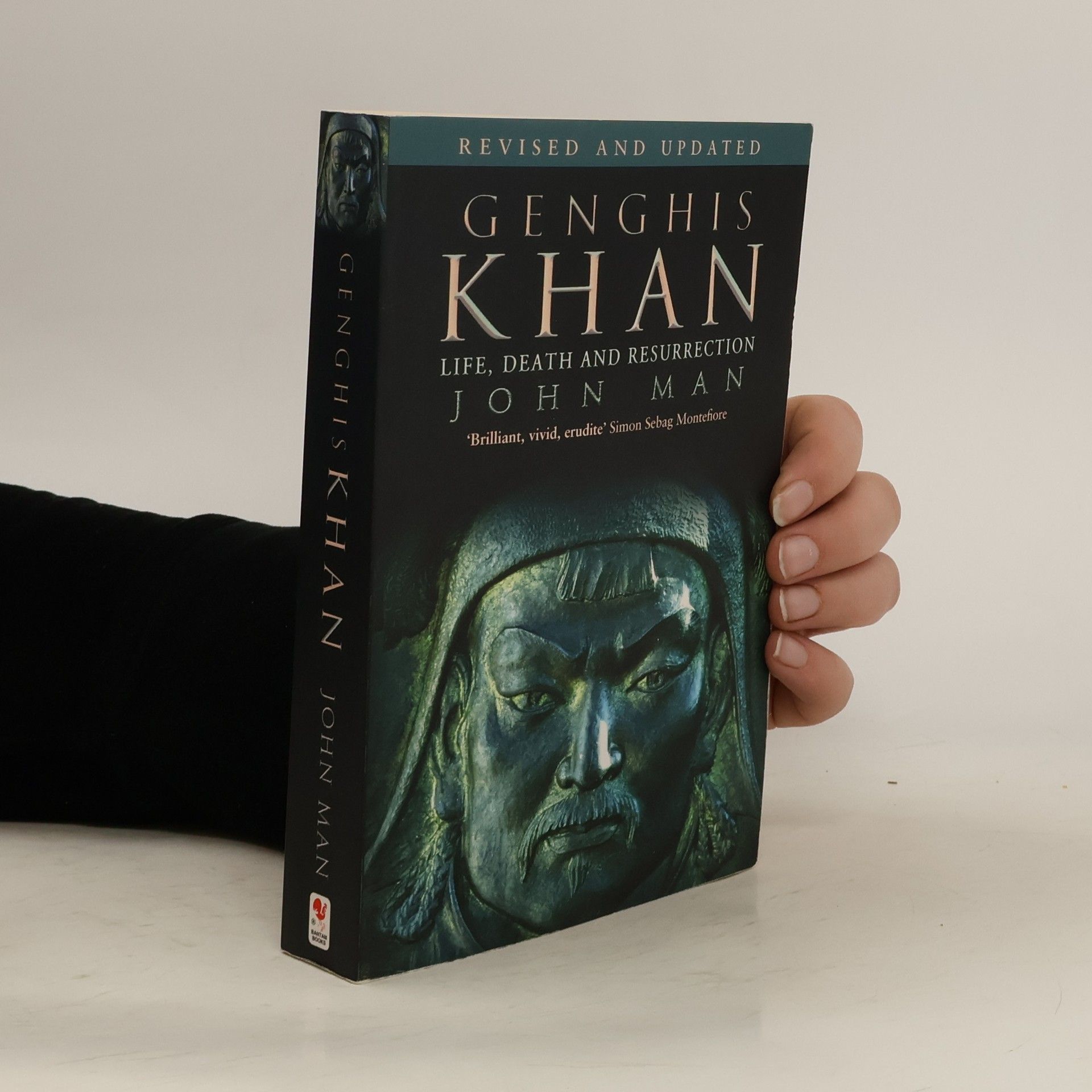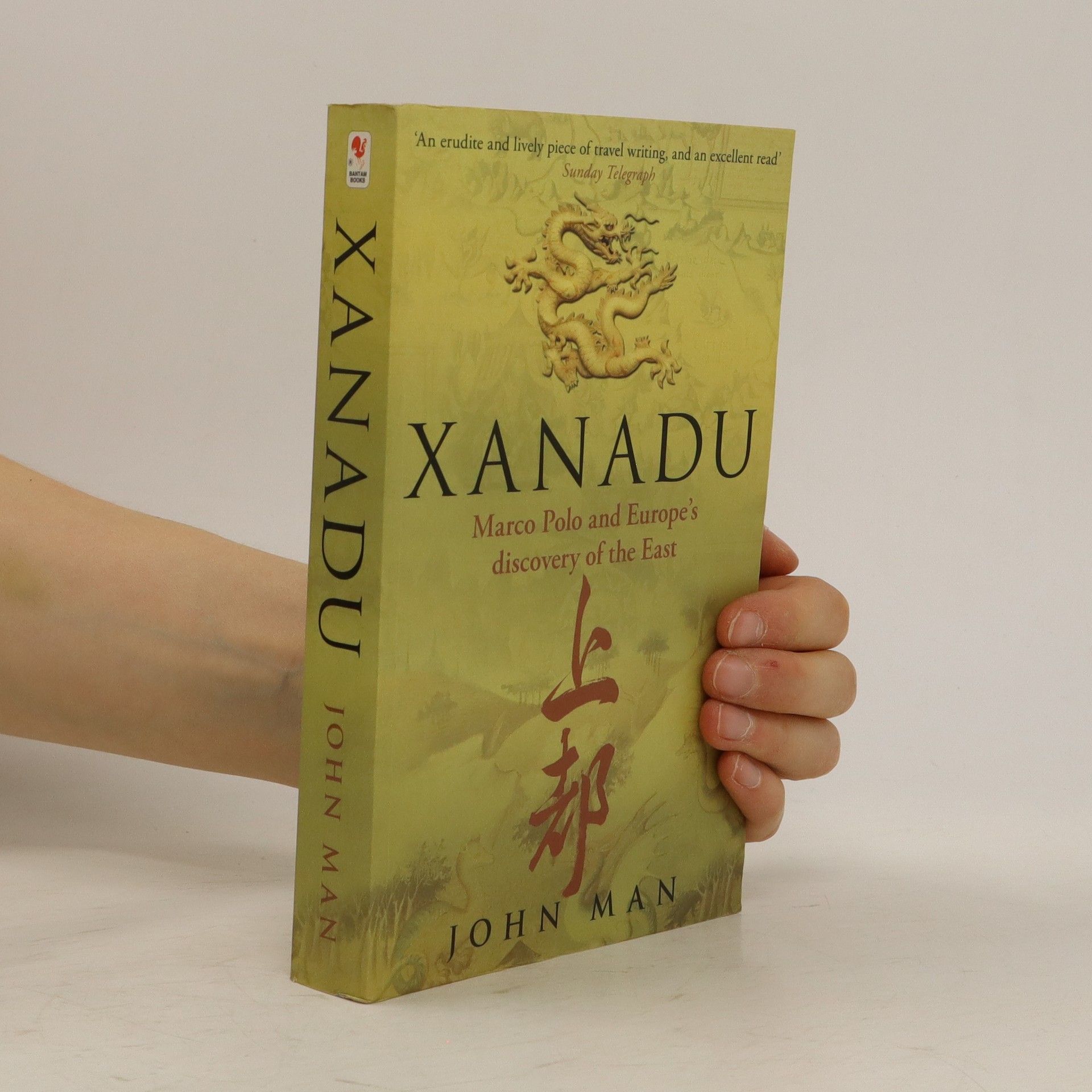The Leadership Secrets of Genghis Khan
- 192pages
- 7 heures de lecture
What would Genghis have done? Lessons in leadership from history’s most successful (and ruthless) conqueror. Genghis Khan has a very strong claim to be the greatest leader the world has ever seen. As a teenager he was an outcast, fleeing enemies on a mountain in northern Mongolia, an exile, a nobody. Yet it took only twenty years for Genghis to build the largest land empire in history: four times the size of Alexander’s, twice the size of Rome’s. How did he do it? What lessons does his life reveal about the nature of leadership? What is “greatness” in leadership? What traits did Genghis possess exactly? Might they apply in other times and other places — even here and today? John Man re-examines the life of Genghis Khan to discover the qualities, characteristics and strategies that made him the great leader that he was. The answers are sometimes surprising. Far from being just the tyrant that history records, he was a leader of exceptional vision and modernity. And many of the secrets of his success are as useful in today’s competitive business world as they were in rallying the Mongol hordes.







